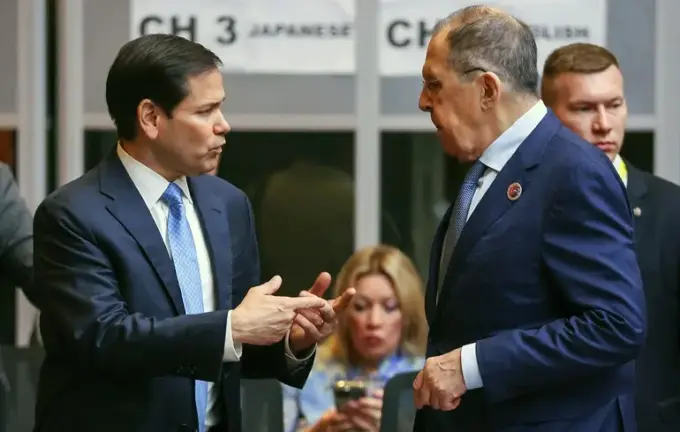Trump’s Changed Stance on Russia and Putin: A New Diplomatic Phase

Over the past few months, U.S.
President Donald Trump maintained a cautious approach towards Russia and its leader Vladimir Putin, aiming to avoid open confrontation and believing in the possibility of achieving peace through diplomacy.
However, this week, the situation has dramatically shifted: Trump canceled the planned peace summit with Putin in Budapest and made a decisive turn in foreign policy by imposing the first significant sanctions against Moscow since the start of his second term.
This decision was driven by a thorough assessment of the situation, particularly the actions of the Kremlin and its representatives, who continue to delay negotiations and seek ways to postpone talks.
The main motivator for this shift was the circumstances following a phone call with Russian Foreign Minister Sergey Lavrov, during which Trump became convinced that Moscow is trying to utilize time to drag out negotiations.
The influence of Secretary of State Marco Rubio, known for his tough stance against Moscow, was pivotal in this policy change.
Rubio has repeatedly advocated for more assertive actions regarding Russia and Venezuela, questioning previous diplomatic approaches.
Evidence of his influence includes the canceled personal meeting with Lavrov and tense negotiations concerning Ukraine.
At the same time, allies and diplomatic channels warned against excessive closeness with Moscow, which could negatively affect Ukraine.
Nonetheless, Trump expressed willingness to meet with Russian leadership in the future to maintain diplomatic dialogue and seek peaceful solutions.
This shift in foreign policy can be viewed as the beginning of a new phase in relations with Kremlin, potentially impacting global security and regional stability.

